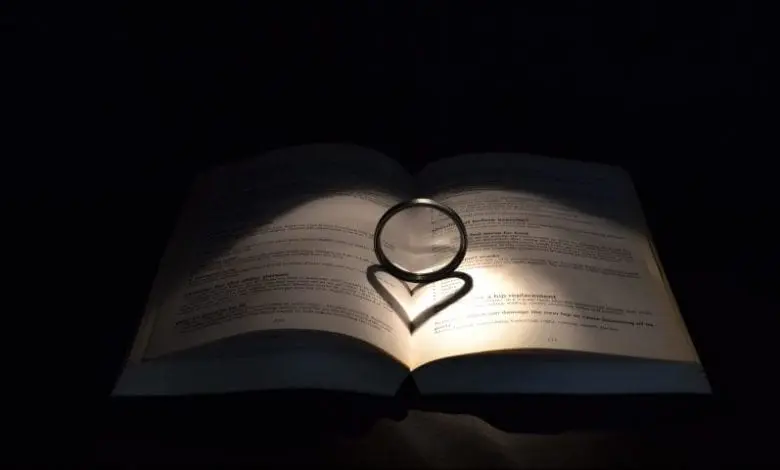Why are funerals moving away from tradition?

The funeral service is changing. Funerals have begun to stretch out, explore their limits, and struggle against them.

Join over 5,000 funeral professionals with a membership
Get unlimited access and stay in the know. First-year special offer pricing. Cancel any time.
You have read 2/2 free articles this month.

How many members should have access to the subscription?
Monthly
Yearly
Save £9.89
No, thanks
I already have an account

The funeral service is changing. Funerals have begun to stretch out, explore their limits, and struggle against them.